Last Updated on by Nishil Prasad
There are innumerable reasons to read and explore psychology, whether you’re a student of the subject or not. First, it helps you to understand the world around you and the people in it better. Second, it helps you understand why someone behaves the way they do, and how you can understand them and guide your behavior accordingly to get the best interactions.
In this article, we’re going to see some of the best audiobooks in the field of psychology that are certain to broaden your perspective and horizons of the mind. Looking to broaden your horizons further? Listen to these amazing philosophy audiobooks.
10 Best Psychology Audiobooks
1. Influence: The Psychology of Persuasion by Robert B. Cialdini
A classic that has been a bestseller since its release, Influence tries to understand how and why people say YES to something. And how one can use that to their advantage. With a 35 years of research background alongside more work on human behavior, Cialdini comes from a place of expertise and hard facts.
With this book, you’ll know how to persuade others using the six principles that Robert shares, while also using them to avoid getting persuaded by others. Whatever may be your profession, the value of being able to persuade others can’t simply be valued enough.
2) Switch: How to Change Things When Change Is Hard by Dan Heath, Chip Heath
The switch is a manual to change things even in the hardest of circumstances as the subtitle mentions. The two Heaths show how there are two sides to our brains: emotional and rational. While the former wants to remain in the cozy confines of our current situation, the latter wants a change for the better.
They show how the desire to not change things can be overcome if we’re able to combine both our minds. Using numerous real-life examples to drive home their point, they show how change requires a pattern and that you can use to your advantage.
3) The Art of Choosing by Sheena Iyengar
Choices are what make us, us. They are what makes our life the way it is, to a large extent. But how are our choices shaped and by what? Is it our free will or are our choices shaped by the society around us? How much control do we really have? And why do we sometimes make decisions entirely against our self-interest?
This is what the book looks into, and helps us in essentially making better decisions. In a changing world, our decisions impact not only us, but others around us as well, which is why they’re so important. Looking for some more non-fiction recommendations? Why not try out this curation of incredible non-fiction audiobooks?
4) Yes!: 50 Scientifically Proven Ways to Be Persuasive by Robert Cialdini, Noah J. Goldstein, Steve J. Martin
Every day we have to persuade others to say yes to some request of ours. But persuasion is not just an art, it’s also a science that can be understood and learnt and applied. This book showcases 50 effective ways that can help you to persuade others anywhere and everywhere.
In short, insightful, and entertaining chapters, Yes! shows you how common conceptions aren’t always right and how you can avoid following them. With the small changes suggested in this book, you can immensely improve your powers of persuasion and get more success in your life.
5) Stumbling on Happiness by Daniel Gilbert
Answering fascinating questions such as why we can’t seem to remember a song while listening to another or why couples are quicker to forgive their partners for cheating than for forgetting to wash dishes, Stumbling on Happiness brings forth the latest research in psychology, philosophy, and more disciplines to provide a compelling and very insightful book. Feeling low? Depressed? These audiobooks might be able to help, at least to an extent.
6) The Predictably Irrational by Dan Ariely
We human beings have the tendency to think that we are making all the smart and perfectly logical decisions when we make one. But are we really? Dan Ariely, a behavioral economist, through a series of experiments, shows how humans behave in irrational ways and how a myriad of different factors, including emotions, societal rules, and expectations, affect our ability to make rational decisions.
Not only do humans make simple mistakes, but they also make the same mistakes over and over again. Not to mention that these patterns aren’t wild and random, they’re very much predictable, hence the title of the book. And through this piece, Ariely shows how can break through this chain that leads to nowhere.
7) Fascinate: How to Make Your Brand Impossible to Resist by Sally Hogshead
As Sally shows through this book, fascination is one of the best ways of being persuasive and how it plays a crucial role in our day-to-day decisions. It all stems from the 7 universal triggers: lust, mystery, danger, reputation, vice, power, and trust. Diving into a variety of subjects, Sally looks at the core reasons behind fascination, its influence upon us, and how it shapes brands, societies, and cultures
Using some mind-boggling examples across time and distance, she explains how these seven triggers have largely shaped human society. For instance, the “Just Say No” program, which was developed using billions of dollars, only served to make drugs into a Biblical forbidden fruit and thus resulted in increased drug usage in children. The book also shows how you can use these triggers in the right manner to get the right results.
8) Brandwashed: Tricks Companies Use to Manipulate Our Minds and Persuade Us to Buy by Martin Lindstrom
The book is an eye-opener in terms of how capitalism and the giants that profit off the current system manipulate and play with our versions of reality to force us to buy the things they want us to purchase. Being someone who’s experienced and worked in the brand industry for years, Martin exposes all the tricks that these companies employ in order to get those dollars out of their consumers’ pockets. He uses findings that show how companies target young children from the very time they’re in their mother’s womb, what heterosexual men think about when they see sexually arousing advertisements, and of course, the calamity of modern age, our iPhones and Blackberries.
He also shows how public panic and paranoia are used as marketing tools, how our digital footprints are closely traced to offer us perfect products, how some companies intentionally manufacture chemically addictive products, and a whole lot more. As marketing tactics get more and more threatening and all-present in our lives, it becomes important for us to become more aware so as to not fall into these traps every second of our life.
9. Brainfluence: 100 Ways to Persuade and Convince Consumers with Neuro
Using research done in the fields of neuroscience and behavioral science, Roger offers practical tips in influencing and persuasion. The field of neuromarketing uses the responses of human brain to different types of stimuli and uses this data to influence their decisions. With short chapters and quick insights, he shows how businesses and salespersons can target their audience via different mediums effectively.
These data points help the companies to cater to a large fraction of audiences across various demographics by branding as per their personal preferences. Offering you an edge in marketing and advertising, this book shows how to go that extra mile and create an emotional bond with your customers.
10) Blink: The Power of Thinking Without Thinking by Malcolm Gladwell
Author of several bestselling and revolutionizing books, Gladwell changes the way we make and think about our decisions through this book. It talks about all those decisions we make in the blink of an eye, without even thinking, and how and why those decisions aren’t as simple as they seem from the outset. It explains this thing we call the instinct and tries to examine whether it’s something inborn or something that can be learned.
The book looks into something it calls “thin-slicing”: selecting those few factors that matter out of an overwhelming number of other variables. With numerous anecdotes and case studies, he explains and looks into the different aspects of “thinking without thinking”. As Gladwell states towards the end, the best way to make these decisions is by actively training and studying a subject that, in turn, helps them to make more informed decisions.
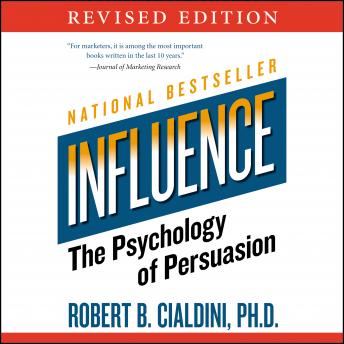
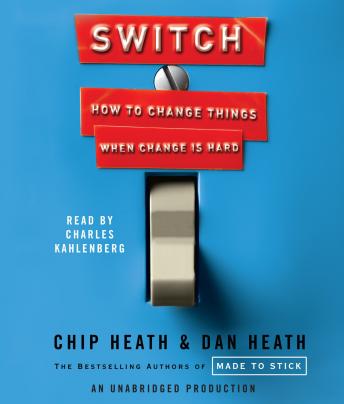
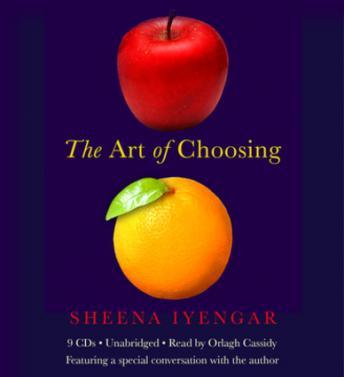
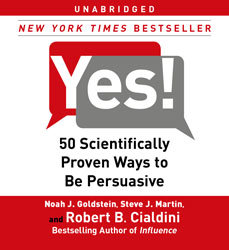

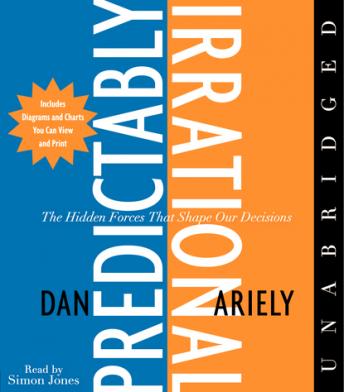
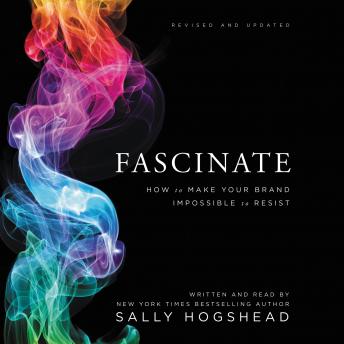
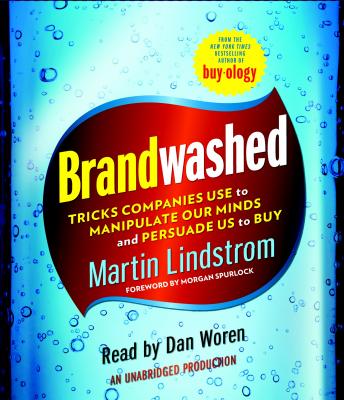
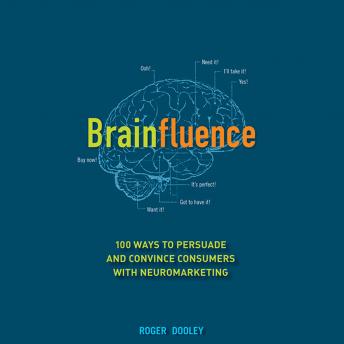
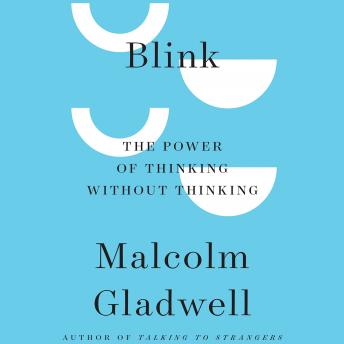
Leave a Reply